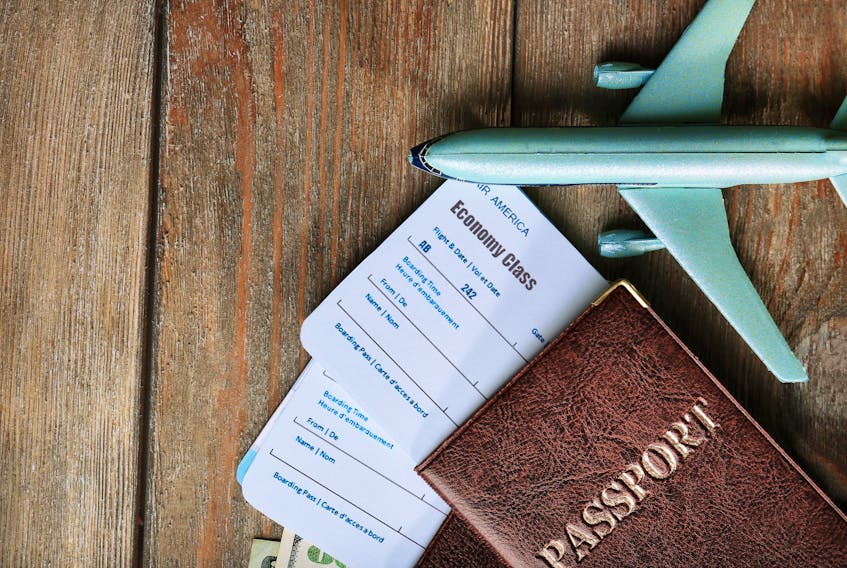It’s an odd little statistic to come out of the COVID-19 pandemic.
As countries worry about the safety of their own citizens, they close their borders to the places where they fear that infection might come from. Canada’s no different; except for essential workers, we have — with varying degrees of success — closed our border with our nearest neighbour, the United States.
It’s a move that many Canadians have seen as necessary. A Nanos Research public opinion poll published last week said that 81 per cent of the respondents surveyed said they wanted the border with the U.S. to remain closed.
There’s even some sad irony in the process. Americans may have supported Donald Trump’s run for presidency in part because of his promise to build a wall to stop Mexicans from coming into the United States, but because of COVID-19 fears, Mexican states along the border with the U.S. are now turning back nonessential U.S. travellers at the Mexican border.
And as countries close their borders to states that have been unsuccessful at controlling the virus, something changes — the power of their passports.
The biggest blow to the power of the American passport came when the European Union reopened its borders after the first wave of COVID-19 infection, and pointedly left the U.S. off its list.
Passportindex.org ranks the world’s passports by comparing their relative strengths, the ability of a passport holder to travel freely being key among them. And in that ranking, the value of an American passport — once a gold standard for travel — is slipping fast.
The U.S. ranks below 51 countries, and Americans are now welcome visa-free in only 46 countries. The passports that now wield more power than the trademark dark blue American passport include the EU countries, but also some lesser lights on the international stage: Monaco, Bulgaria, Montenegro, North Macedonia, San Marino, for example.
The biggest blow to the power of the American passport came when the European Union reopened its borders after the first wave of COVID-19 infection, and pointedly left the U.S. off its list. (Canadian passports are still relatively welcome; we rank some 31 countries above the U.S., and Canadian passport holders are welcome visa-free in 79 countries right now.)
In January, American passports ranked as high as eighth in the world.
All of this discussion of passport rankings is to make a broader point — that, no matter where different Americans stand on the seriousness of the COVID-19 pandemic, other nations are making it clear that they feel the situation is serious enough that Americans aren’t welcome.
We’ve had a series of temporary border closures with the U.S. for months now, always with the hope that things would improve enough that we could lift that closure. We’ve been taking a pause, not simply turning our backs.
A time may well come when our longtime friends and neighbours ask for help.
We should think about how we can be ready to do that.








